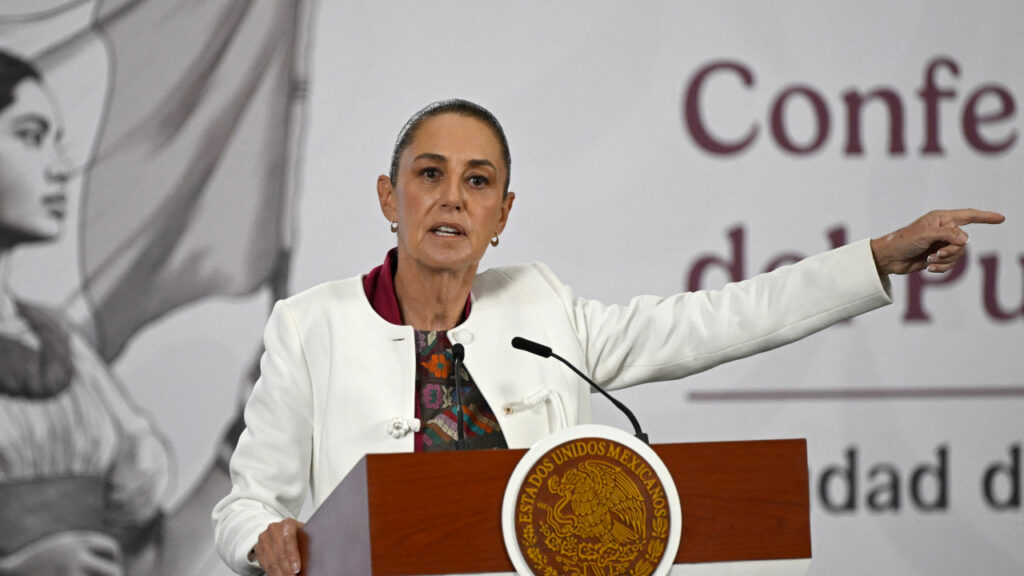
Illinois Sets National Precedent With Campus Access to Contraception and Abortion Pills
If you’re a college student in Illinois, reproductive care is about to look very different. With a stroke of his pen, Gov. JB Pritzker just made Illinois the first state in the Midwest to require public colleges and universities to offer both contraception and abortion pills on campus.
The move has already been described as a historic shift. And a direct response to attacks on reproductive rights across the country.
Illinois will now require campuses to provide reproductive care
House Bill 3709 makes it official. Starting in the 2025–2026 school year, public colleges and universities in Illinois must provide access to contraception and medication abortion if they have on-campus pharmacies or health centers. Students will be able to consult directly with health care professionals and receive the medication they need without leaving campus.
According to WTTW, the idea came from student activists at the University of Illinois Urbana-Champaign. Emma Darbro and Grace Hosey testified before legislative committees in support of the bill. They did so after a 2024 student referendum called for better access to reproductive health care on campus.
“Our student advocacy with Planned Parenthood started back in 2022, after the overturning of Roe v. Wade, with a very simple objective: to protect students’ reproductive rights by expanding student access to birth control and abortion services,” Darbro said at the signing ceremony.
A shield law strengthens Illinois’ protections for providers
The second bill, HB3637, expands Illinois’ shield law. According to the Mahomet Daily, it protects more health care providers. This includes midwives and drug distributors, from discipline for offering reproductive health services that are legal in the state. It also ensures that medications like mifepristone remain available. Even if federal approval is revoked, as long as they are still recognized as effective by the World Health Organization.
“We will not allow extreme, restrictive policies from other states to threaten the livelihoods of our health care providers and dictate the care that people receive in our state,” said State Sen. Karina Villa during the signing.
Illinois students pushed the law forward
Student voices were central to HB3709’s passage. State Rep. Anna Moeller, the bill’s sponsor, told the Journal Courier that it was brought to her by students at UIUC. “We know that healthcare decisions should never be dictated by politicians or denied by an institution,” she said.
State Senator Celina Villanueva, who also graduated from UIUC, reminded students that their activism created lasting change. “You made a law happen in the state of Illinois to expand reproductive rights for other students,” she told them at the event.
Illinois positions itself as a reproductive rights leader
The laws continue a trend of Illinois expanding reproductive rights even as other states move in the opposite direction. Lt. Gov. Juliana Stratton emphasized the state’s role as a haven: “Since Roe fell, we’ve worked hard to ensure that Illinois is a safe haven for reproductive freedom in the Midwest and leading the country in strengthening women’s rights.”
Planned Parenthood leaders also praised the bills. “Thanks to Governor Pritzker’s actions today, Illinois continues to serve as a beacon of hope and safety for patients,” Margot Riphagen, president and CEO of Planned Parenthood Great Rivers Action, told Fox News.
A direct response to national rollbacks
The timing matters. Just this year, federal officials have signaled renewed scrutiny of mifepristone, a drug used in medication abortions, and reproductive health clinics have been closing across the Midwest. Pritzker made clear that Illinois would not back down. “All of it has been absolutely necessary because the extremists in Washington, D.C., and in Florida, and in Idaho, and in Texas, and elsewhere all across the country are escalating their attacks on women,” he said during the signing, according to WTTW.
As the fight over reproductive rights continues, Illinois has made its position clear: students deserve access to care, and providers deserve protection.




